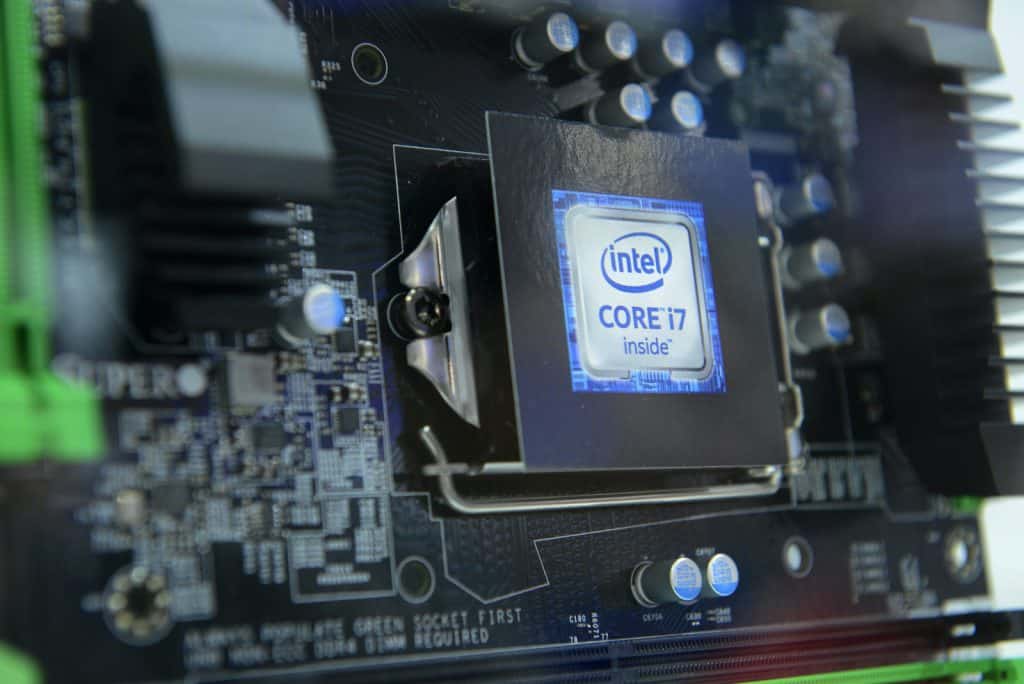
Four new exploits work against most of Intel’s chips made since 2011.
In January 2018, a pair of security exploits dubbed Spectre and Meltdown showed how attackers could take advantage of commonly-implemented CPU technology to access data they shouldn’t have been able to. They were followed by a similar bug, Foreshadow, late last year, and now researchers have uncovered four different techniques that exploit Intel’s speculative execution technology in a similar way.
The website CPU.fail has collected information about each vulnerability — they’re collectively referred to as Microarchitectural Data Sampling (MDS) — including Zombieload, RIDL & Fallout, and Store-to-Leak Forwarding. Example code shows how the attacks could be launched using malicious JavaScript, for example, and researchers state that it would be difficult for antivirus software to detect it, however they have not found evidence of anyone using the tech in attacks so far.
If you have a computer using an Intel CPU released since 2011 then congratulations — you’ve likely won a vulnerability, since only “select” 8th and 9th gen Core CPUs as well as 2nd generation Xeon Scalable CPUs have hardware protection against the attacks.
Patching the holes will require a combination of firmware updates and software updates. macOS, Windows, ChromeOS and Linux already have software updates to address MDS attacks, while Intel has also released microcode updates for some of its hardware (PDF) that you should get through motherboard and system vendors. Just like Spectre and Meltdown, the fixes are expected to impact performance — you can get more information on how much right here.


